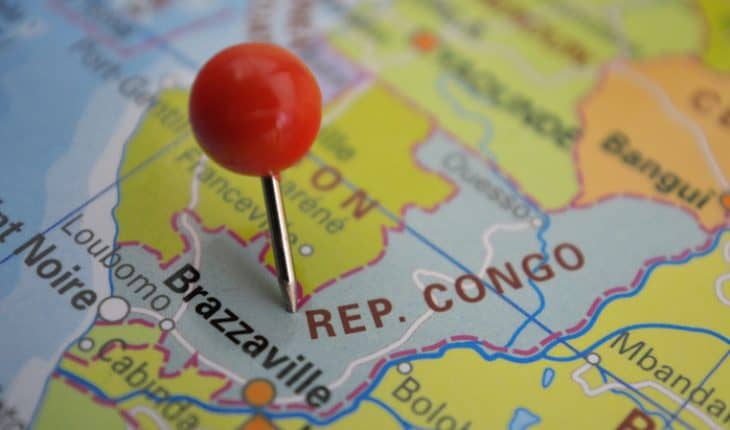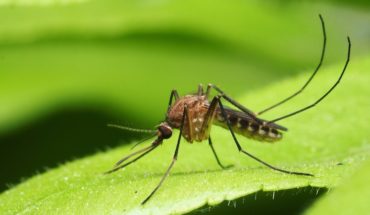As more cases of Ebola are confirmed in the Democratic Republic of Congo, two British experts comment on what is happening and how the virus may be contained.
Dr Nicolas Locker, Reader in Virology, at the University of Surrey, said:
‘Only few weeks after confirming the end of an the last Ebola outbreak that started in April 2018 , leading to 53 confirmed cases and 29 deaths, the WHO now reports a second Ebola outbreak in the Mabalako region of Democratic Republic of Congo (DRC). At the time of writing, 16 confirmed cases have been reported including 7 confirmed deaths. There is currently nothing linking these two outbreaks, occurring at more than 500 km apart.
In the past DRC outbreaks, their remote nature helped implement containment measures to reduce the spread of the outbreak. In fact, DRC has a good history of controlling Ebola as shown by the efficient containment measures and prompt vaccination campaigns started to contain the first outbreak this year. This is helped by the fact that the Ebola virus strain responsible for these outbreaks, the Zaire strain, is the one targeted by current vaccines.
While the location of the first outbreak, along the Congo River, brought worries of potential dissemination route to large urban areas, the remote location of the second outbreak in the remote North Kivu region adds concerns about delay in reporting new cases and enforcing locally prompt and appropriate containment measures and vaccinations.’
How to contain spread of the Ebola virus
‘To contain Ebola, it is essential to rapidly identify persons that may have been in contact with suspected cases to protect them, and protect those in contact with them, including healthcare workers.
Safe burial of the deceased is paramount to avoid further spread. To help with this, the WHO will supply body bags to affected communities, and batches of experimental vaccine doses, protective against the Ebola Zaire strain. Epidemiologists will be tracking down the contacts of patients to monitor the spread of the outbreak. Only achieving this will help ring fence Ebola to avoid another large outbreak.’
Professor Paul Hunter of the University of East Anglia’s Norwich Medical School, said:
‘The greater availability of an effective vaccine since the disastrous Ebola epidemic that affected West Africa from 2014 to 2016 has substantially enhanced our ability to stop the spread of this disease. However, the effectiveness of any immunization campaign depends on the ability to deliver that vaccine to the appropriate people is a timely manner.
Unfortunately the latest outbreak in Northeast Congo is in an area of armed conflict and this poses substantial difficulties for effective prevention.
Firstly the threat to the lives of health workers from armed militias will prevent easy access to at risk populations leading to delays in running vaccination campaigns.
The threats to the life of health care workers are not restricted to war zones and even in the West African epidemic we saw murders of health care workers as in the case of Womey, Guinea.
Secondly the exposed populations are themselves far from settled with many people migrating out of the area and into neighbouring countries. This makes it very difficult to trace potentially exposed people to offer them immunization. Also, if people incubating the disease are migrating out of the area this can hasten the spread of the disease to surrounding communities and neighbouring countries.
The greater population density and poor sanitation in many refugee camps can further multiply the cases of infection.’
- New lipid-based pathway discovered as key to memory formation - 25th June 2025
- Crucial link could explain how Alzheimer’s takes hold - 25th June 2025
- Understanding Your Mind Can Improve Daily Life - 25th June 2025







